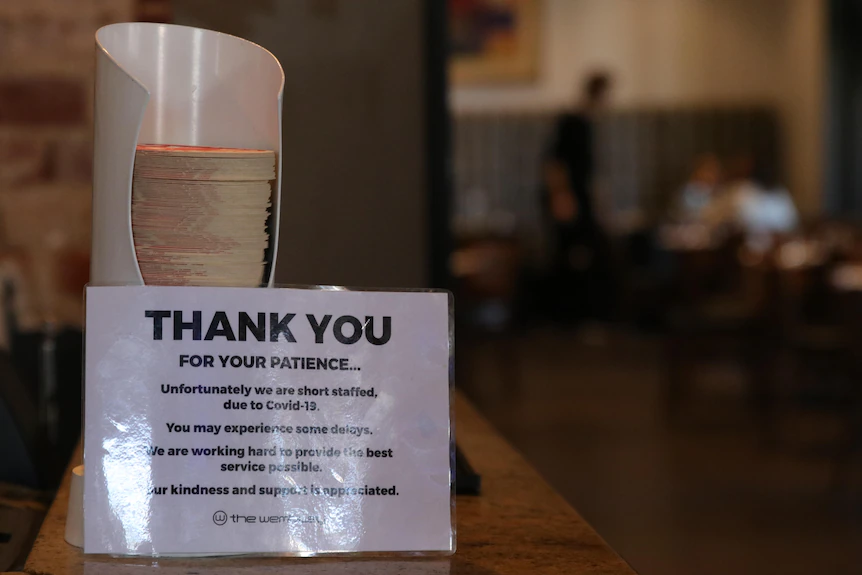Small Scale Success: Event Planning Insights
Discover the key strategies and tips for successfully planning small scale events that leave a big impact.
The Rise of Small Scale Events
In recent years, there has been a noticeable rise in the popularity of small scale events. While large scale events often grab the headlines, it is the smaller events that are making a big impact in the events industry. These intimate gatherings have gained popularity due to their ability to provide a more personalized and interactive experience for attendees. Small scale events allow for deeper connections to be formed and offer a sense of exclusivity that larger events often lack. With the rise of social media and the desire for unique experiences, small scale events have become a sought-after option for event planners.
One of the main reasons behind the rise of small scale events is the desire for authenticity. Attendees are looking for events that are genuine, where they can truly connect with the content and other participants. Small scale events provide the opportunity for meaningful interactions and allow attendees to feel like they are part of a community. This authenticity creates a sense of trust and loyalty among attendees, making them more likely to return for future events.
Another factor contributing to the rise of small scale events is their ability to cater to niche interests. These events can be tailored to specific industries, hobbies, or demographics, allowing attendees to connect with like-minded individuals. This targeted approach not only attracts attendees who are genuinely interested in the content, but also creates a sense of camaraderie and shared experiences. In a world where personalization is key, small scale events offer a unique and tailored experience for attendees.
Overall, the rise of small scale events can be attributed to their ability to provide personalized experiences, foster authenticity, and cater to niche interests. As event planners continue to recognize the value and impact of these events, we can expect to see more small scale events taking center stage in the events industry.
Benefits of Small Scale Events
Small scale events offer a range of benefits that make them an attractive option for event planners. One of the main advantages is the ability to create a more intimate and engaging experience for attendees. With fewer participants, it is easier to facilitate meaningful interactions and foster connections among attendees. This intimate setting allows for more personalized content and a greater focus on individual needs and preferences.
Another benefit of small scale events is the increased flexibility and agility they offer. Unlike large scale events, which often require months of planning and coordination, small scale events can be organized relatively quickly. This allows event planners to be more responsive to changing circumstances and adapt the event to meet the needs of attendees. Additionally, the smaller scale allows for more experimentation and creativity, as there is less pressure to adhere to traditional event formats.
Cost-effectiveness is another advantage of small scale events. With fewer attendees and a more targeted audience, event planners can focus their resources on creating a high-quality experience. This can include investing in unique venues, personalized materials, and engaging activities. By optimizing their budget, event planners can deliver a memorable event that exceeds attendees' expectations.
Lastly, small scale events often result in higher attendee satisfaction and engagement. The intimate setting encourages active participation and creates a sense of belonging. Attendees are more likely to remember and value the experience, making them more likely to become advocates and repeat attendees. This positive word-of-mouth can further enhance the reputation of the event and attract new participants.
In summary, the benefits of small scale events include creating a more intimate and engaging experience, offering flexibility and agility in event planning, being cost-effective, and fostering higher attendee satisfaction and engagement.
Key Strategies for Planning Small Scale Events
When it comes to planning small scale events, there are several key strategies that can help ensure success. First and foremost, it is important to define clear objectives for the event. What do you want to achieve? Who is your target audience? Understanding these key aspects will guide the planning process and help you make informed decisions.
Next, consider the venue and location. Choose a venue that aligns with the theme and atmosphere you want to create. It should be comfortable, accessible, and suit the needs of your attendees. Additionally, consider the logistics and amenities available at the venue, such as parking, audiovisual equipment, and catering options.
Another important strategy is to curate the content and activities based on the interests and preferences of your target audience. Small scale events offer the opportunity to create a personalized and tailored experience, so take advantage of this by selecting speakers, workshops, and interactive sessions that resonate with your attendees.
Promotion is crucial for the success of any event, including small scale events. Utilize various marketing channels to spread the word and reach your target audience. Leverage social media, email marketing, and partnerships to generate buzz and create excitement around the event. Remember to highlight the unique aspects and benefits of attending a small scale event.
On the day of the event, focus on creating a seamless and memorable experience for your attendees. Pay attention to the details, such as signage, registration process, and event flow. Ensure that there are opportunities for networking and interaction, as this is one of the main attractions of small scale events. Finally, gather feedback from attendees to continuously improve and refine your future events.
By following these key strategies, you can plan and execute a successful small scale event that leaves a lasting impact on your attendees.
Utilizing Technology for Small Scale Events
In today's digital age, technology plays a crucial role in the success of small scale events. It can enhance the attendee experience, streamline event management processes, and provide valuable data for evaluation and improvement. Here are some ways to effectively utilize technology for small scale events:
1. Event Registration and Ticketing: Use online platforms and ticketing systems to simplify the registration process for attendees. This allows for seamless ticket purchase and reduces administrative tasks for event organizers.
2. Mobile Apps: Develop a dedicated event app that provides attendees with all the necessary information, such as the event schedule, speaker profiles, and interactive features. This enhances engagement and allows for real-time updates and communication.
3. Live Streaming and Virtual Attendance: Consider incorporating live streaming capabilities for small scale events. This allows attendees who are unable to physically attend to participate virtually, expanding the reach of your event.
4. Social Media Engagement: Leverage social media platforms to create buzz and engage with attendees before, during, and after the event. Encourage attendees to share their experiences using event-specific hashtags and facilitate online discussions.
5. Data Analytics: Utilize event management software to gather data on attendee preferences, engagement levels, and event performance. This data can inform future event planning and help tailor the experience to meet attendees' needs.
By embracing technology and integrating it into the event planning process, event organizers can enhance the overall experience for attendees and maximize the impact of their small scale events.
Measuring Success and Future Growth
Measuring the success of small scale events is essential for evaluating their impact and identifying areas for improvement. Here are some key metrics and strategies to consider:
1. Attendance and Registration: Track the number of attendees and compare it to your target audience. Evaluate the registration process to identify any barriers or areas for improvement.
2. Engagement and Feedback: Monitor attendee engagement throughout the event, such as participation in sessions, networking activities, and social media interactions. Collect feedback through surveys or post-event evaluations to gather insights and identify areas of strength and improvement.
3. Return on Investment (ROI): Calculate the ROI by comparing the costs of organizing the event to the value it generated. This can include factors such as attendee satisfaction, new leads generated, and partnerships formed.
4. Social Media Reach: Assess the reach and impact of your event on social media platforms. Measure the number of impressions, mentions, and shares to gauge the level of online engagement and brand exposure.
5. Business Impact: Determine the business impact of your event by tracking metrics such as new clients acquired, partnerships formed, and revenue generated as a result of the event.
Using these metrics, you can measure the success of your small scale events and identify areas for future growth and improvement. Continuously analyze the data and feedback gathered to refine your event planning strategies and deliver even more impactful events in the future.

